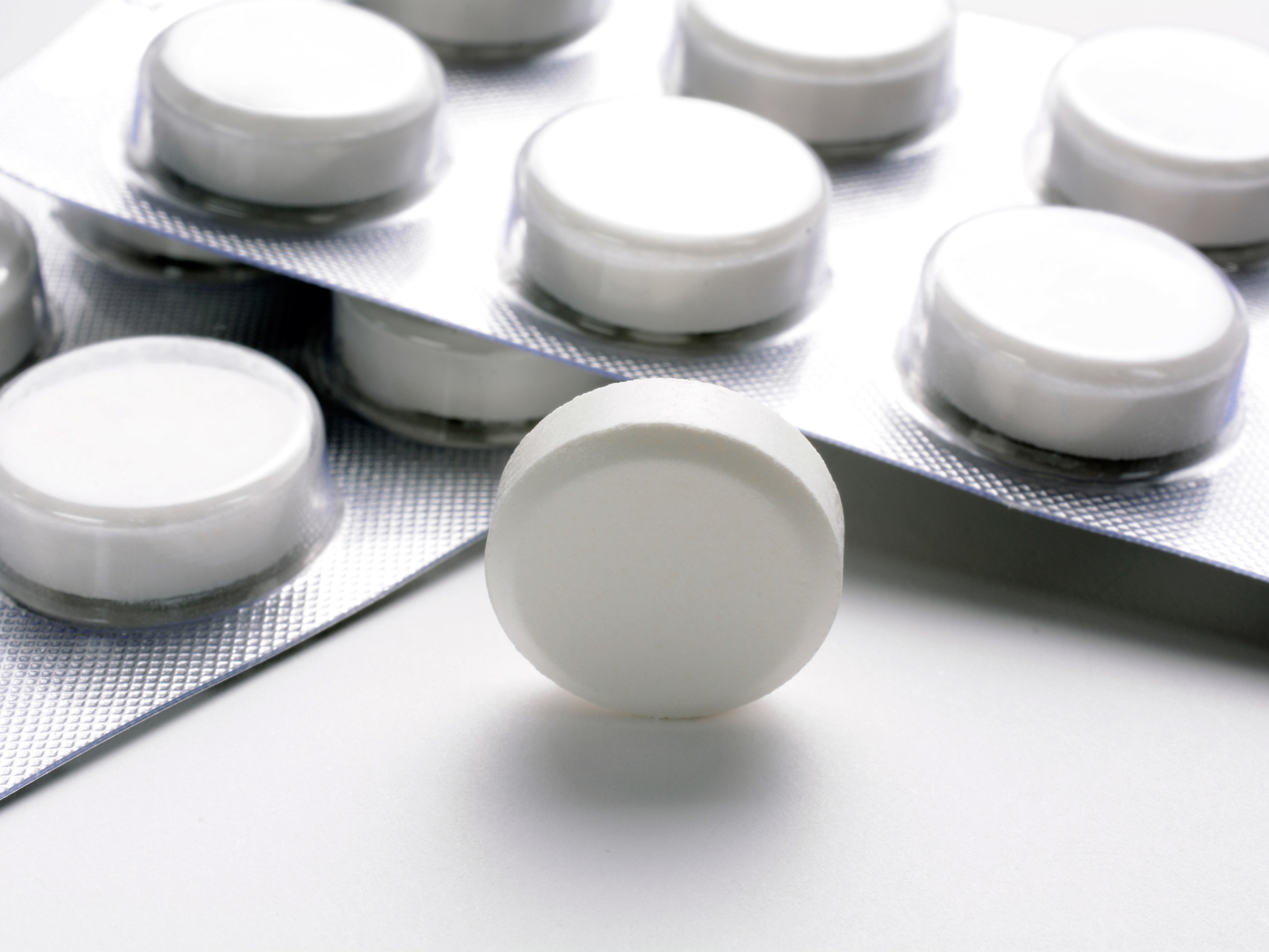Get Easy Health Digest™ in your inbox and don’t miss a thing when you subscribe today. Plus, get the free bonus report, Mother Nature’s Tips, Tricks and Remedies for Cholesterol, Blood Pressure & Blood Sugar as my way of saying welcome to the community!
How concerning is the carcinogen in your heartburn medication?

You’re out to dinner with a college friend you haven’t seen in years. You usually eat healthy. But tonight, you decide to let loose…
A couple of glasses of wine, that spicy lobster cocktail appetizer and an order of oysters… and the juicy 26 oz porterhouse steak hasn’t even arrived yet when you feel a familiar fire in your chest.
It’s heartburn. And it’s bad. But it’s not going to spoil your evening. You pull a package of Zantac out of your purse. And 30 minutes later, you’re relishing in your $64 steak without a hint of heartburn.
Most of us remember moments like this. These are the times when OTC heartburn drugs are total lifesavers. In fact, they’re so helpful that it’s easy to rely on them too often.
Wake up in the middle of the night with bitter stomach acid gushing into your mouth? Reach for a Zantac. Get stomach-churning indigestion before a big work meeting? Reach for a Zantac.
People with chronic indigestion may even start popping a preventative Zantac before every meal. But there are several reasons not too. And I’m going to share a big one with you right now…
Heartburn drugs like Zantac contain carcinogens.
The carcinogen NDMA is in these popular heartburn drugs
Ranitidine is the active ingredient in a lot of OTC heartburn medications, including Zantac. It blocks your body from producing histamines, which keeps stomach acid production down.
The FDA, however, just released a statement saying a lot of ranitidine-based medications contain an impurity connected to cancer.
The impurity is called N-nitrosodimethylamine or NDMA. And it’s classified as a probable human carcinogen.
The FDA has been looking for this impurity in medications for a while now. It started with blood pressure and heart failure medicines called angiotensin receptor blockers or ARBs. And it found higher than normal levels in many of those.
Related: The carcinogen hiding in your blood pressure meds
Now, it’s knee-deep in an investigation of OTC heartburn medications. And NDMA is showing up in those too.
Levels aren’t high enough for a recall. The FDA isn’t even encouraging people to stop taking these drugs. But the company that makes Novartis, the generic version of Zantac, has decided to halt distribution to investigate the issue further. Even CVS Pharmacy is removing Zantac and its generic version from store shelves.
Do you need to ditch your heartburn medication?
You may be wondering if you should stop taking Zantac during your digestive emergencies…
The decision is ultimately up to you. But there are a few factors you should consider…
NDMA only increases cancer risk when you’re exposed to it in large doses. A study on those blood pressure and heart failure medicines I mentioned earlier found that they didn’t increase short-term cancer risk. Of course, preventing cancer is more of a long-game. So, researchers know they need to do long-term studies before they can say whether these drugs contribute to cancer.
NDMA levels in OTC heartburn medications are very low. In fact, they’re just a tiny bit more than you find in common foods. That’s right. This carcinogen is in our food, too. It’s in meat, dairy products, vegetables, and even water. Which raises another consideration…
Even if NDMA levels are low in heartburn medications, we’re exposed to the carcinogen from other sources. So why add unnecessarily to the carcinogenic load?
If you want to take a “better safe than sorry” approach, here’s a list of ranitidine-based drugs to avoid:
- Zantac
- Zantac 150 Maximum Strength
- Zantac 75
- Wal-Zan 75
- Heartburn Relief
- Acid Reducer
- Acid Control
- Wal-Zan 150
If you’re looking for an alternative to these OTC heartburn medications, try a long-standing home remedy for heartburn — apple cider vinegar.
This remedy isn’t backed up by studies in peer-reviewed journals or anything like that. In fact, I don’t think it’s ever been studied scientifically. But it is backed up with loads of anecdotal evidence… including my own. I’ve used it to ease heartburn and I know others who have too. Just put a tablespoon of apple cider vinegar in a glass of water and drink it before or after a meal.
Editor’s note: Did you know that when you take your body from acid to alkaline you can boost your energy, lose weight, soothe digestion, avoid illness and achieve wellness? Click here to discover The Alkaline Secret to Ultimate Vitality and revive your life today!
Sources:












